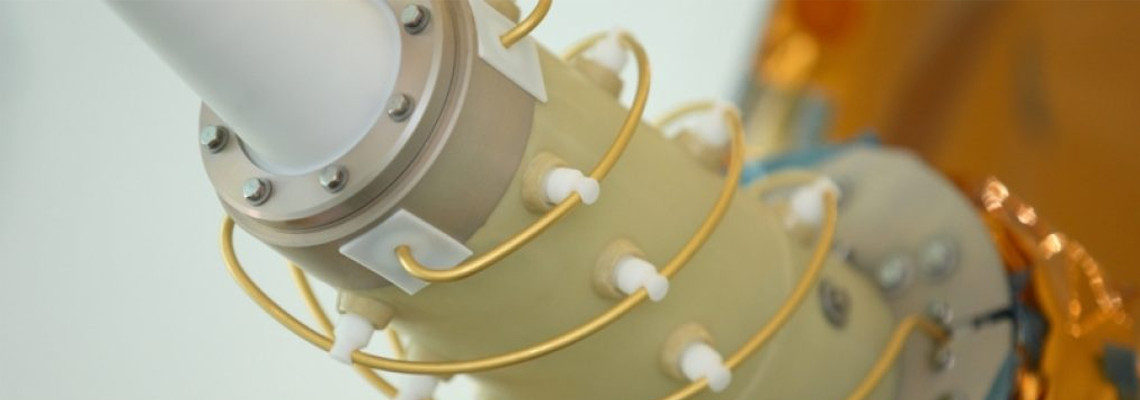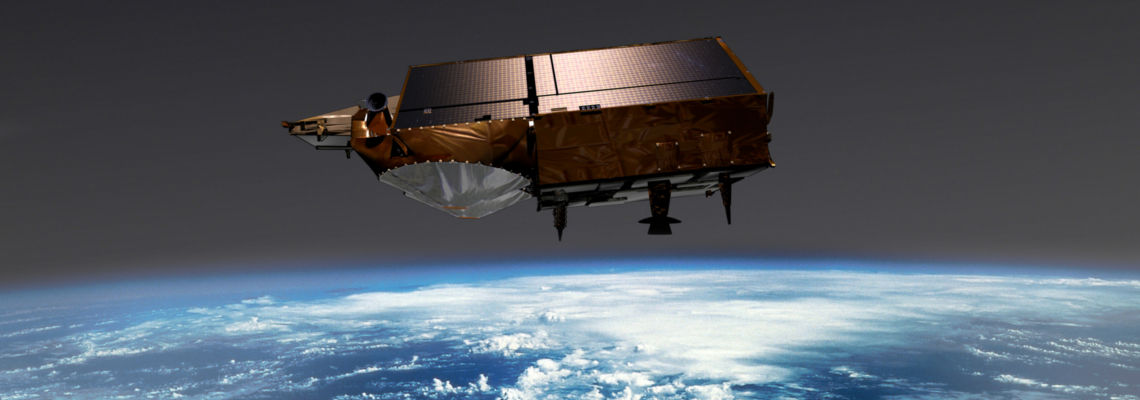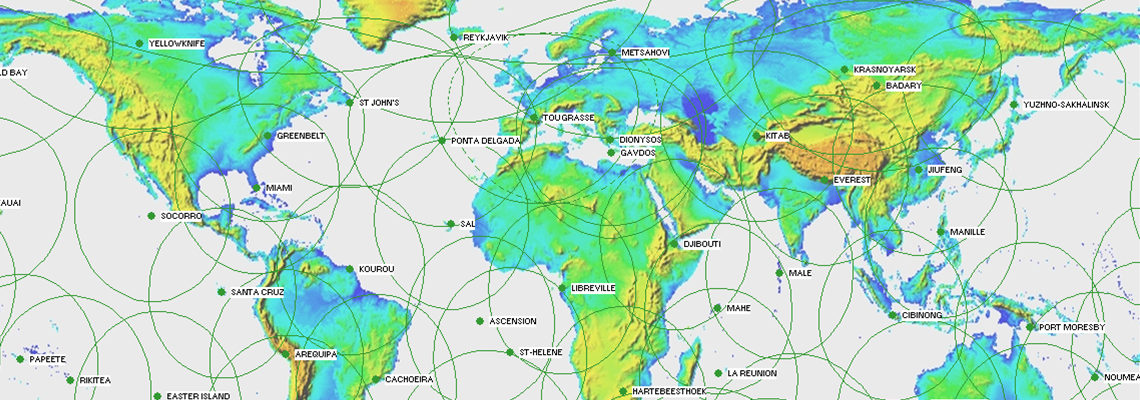

DORIS (Doppler Orbitography and Radiopositioning Integrated by Satellite) is a system developped for precise orbit determination and precise ground location.

DORIS is onboard the Cryosat-2, SARAL, Jason-3, Sentinel-3A, Sentinel-3B, HY-2C, HY-2D, Sentinel-6A and SWOT altimetric satellites. It also flew with SPOT-2, SPOT-3, SPOT-4, SPOT-5, TOPEX/POSEIDON, ENVISAT, Jason-1, Jason-2 and HY-2A.

IDS is an international service which provides a support, through DORIS data and products, to geodetic, geophysical, and other research and operational activities.